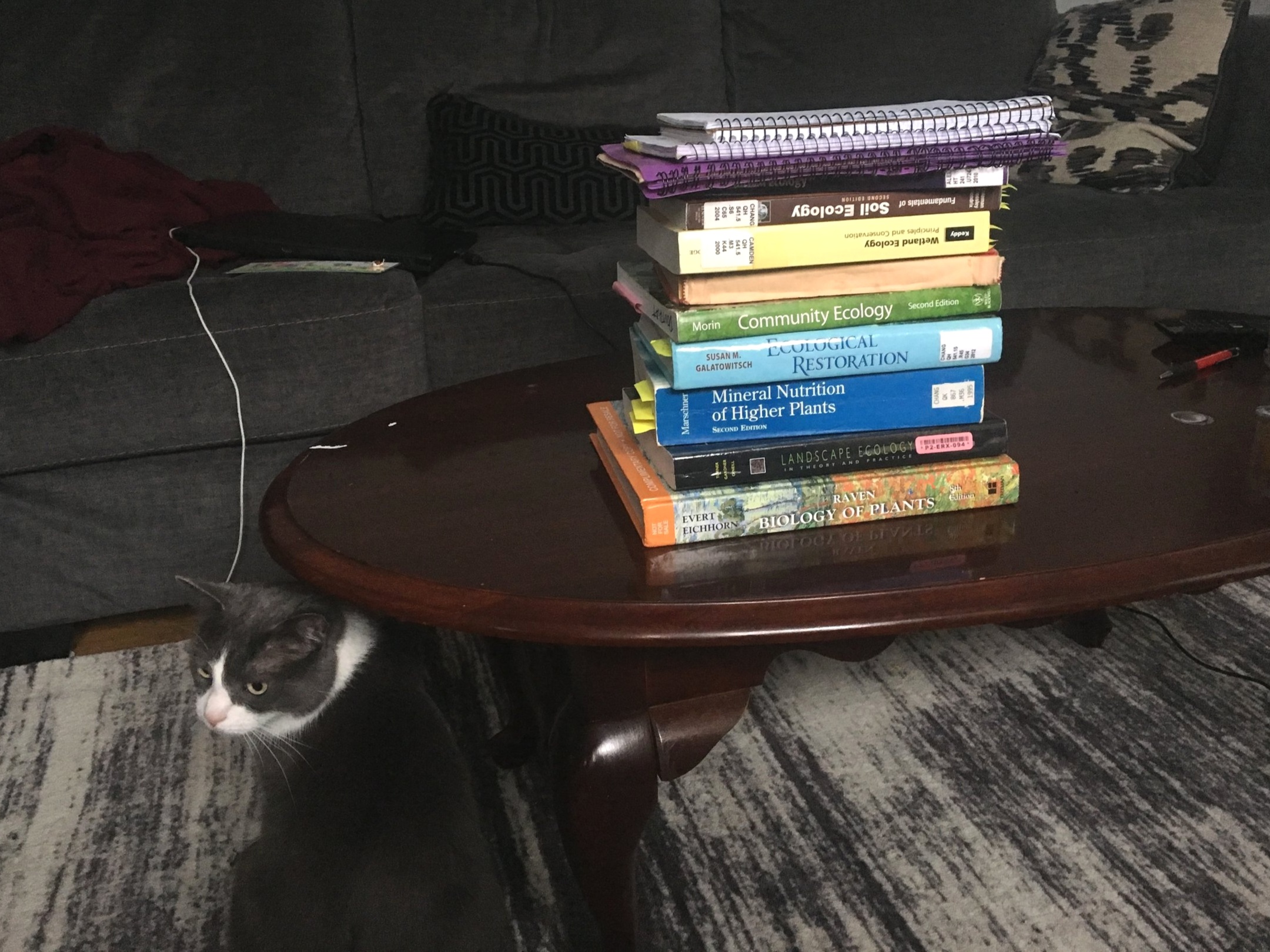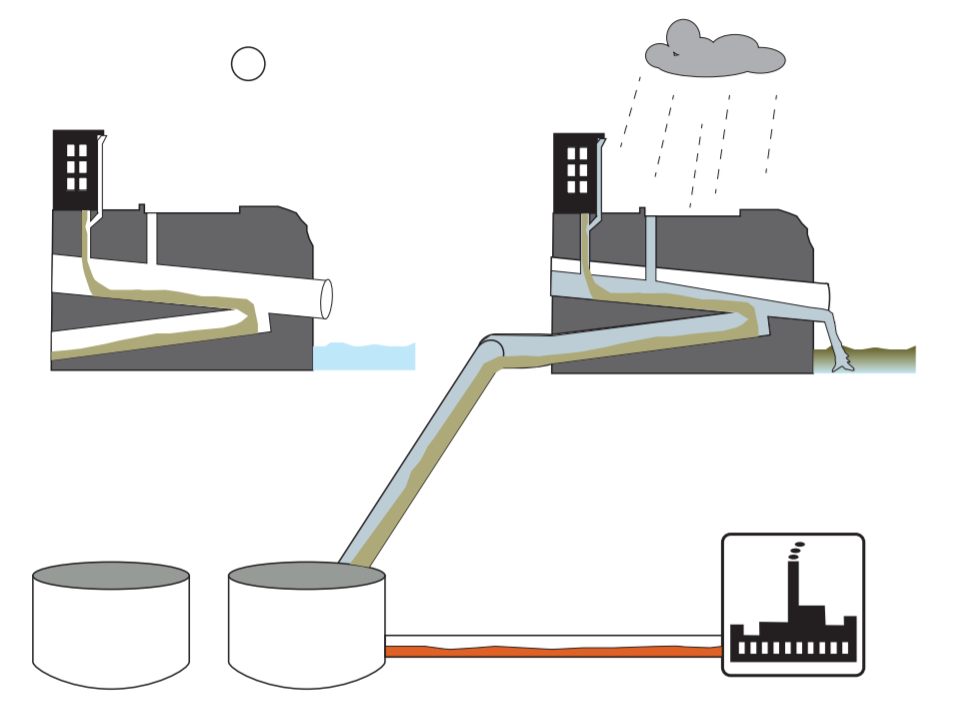A Qualified Success
Since we last spoke, I have a new title. I have metamorphosed from a PhD student into a PhD candidate. At noon on February 15th, I passed my qualifying exam. It was a three hour oral exam. The qualifying exam is the passage between the student phase and the research phase of a PhD program. In some programs it’s called comprehensive exam. The idea is that a student must demonstrate that they have the necessary knowledge and background to represent the discipline and perform research in the field.
In my program at Rutgers, Ecology and Evolution, students study widely different topics. Some focus on the ocean, some on freshwater, some on land. Topics range from population genetics, sea level rise and marsh survival, microorganism communities, bee diversity and seasonality, and beyond. With such a range of scales and study organisms, there is no single exam that we all take. Rather, each student is tested by a committee of faculty with expertise that overlaps the student’s research goals. The committee assigns books and papers to review for the qualifying exam.
This is the stack of most of my assigned reading for my qualifying exam. My research assistant, Zelda, is to the left.
I was assigned the following by my four committee members:
Landscape Ecology, Turner and Gardner (5 chapters)
Fundamentals of Soil Ecology, Coleman, Callahan, Mac, and Crossley (2 chapters)
Mineral Nutrition of Higher Plants, Marschner (1 chapter)
Raven Biology of Plants, Evert, Eichhorn, and Perry (25 chapters)
Evolutionary Ecology, Pianka (5 chapters)
Community Ecology, Morin (all)
Urban Ecology, Gaston (all)
Wetland Ecology; Principles and Conservation, Keddy (all)
Ecological Restoration, Galatowitsch (10 chapters)
Plus 17 peer reviewed papers.
I estimated it all to be over 3000 pages. Back in December, I got down to business reading as much as I could every day. As the date drew closer, I still had quite a few unread items, and I couldn’t recall the details about algae and early plants that I had read back in December. I alternated between confidence and anxiety. On the one hand, I’ve been at Rutgers for five semester, took courses I took before I got here, and have lots of field experience. All of that had to count for something. On the other hand, I was never going to get through or master all that they had assigned, there is so much to know, and I only know a tiny bit. My background in basic sciences is not as extensive as I would like, and it’s always a source of uncertainty. Are there great insights that I am missing because I never too organic chemistry? So I was agnostic as to how this exam would go.
I sat down with my four faculty advisers at 9am, and they took turns asking me about wetlands, stormwater systems, and relevant background information. In the end,we only scratched the surface of the months of reading and years of classes. I felt prepared for most of their questions, and the two and a half hours passed with only some light sweating. At 11:30 they sent me out of the room, consulted for a few minutes, then called me and let me know I passed. There were a few topics they wanted me to keep reading about. And that was that!
The exam was not such a big deal, but as is often the case, it was a necessary device to push me through thousands of pages of background reading. I know that I should be reading and learning more about my research topic all the time, but there are many demands on my attention in daily life. For two months I had the best excuse to clear my schedule and just read. Now I’m full of thousands of puzzle pieces of information and looking forward to trying to put them together in the next phase.






